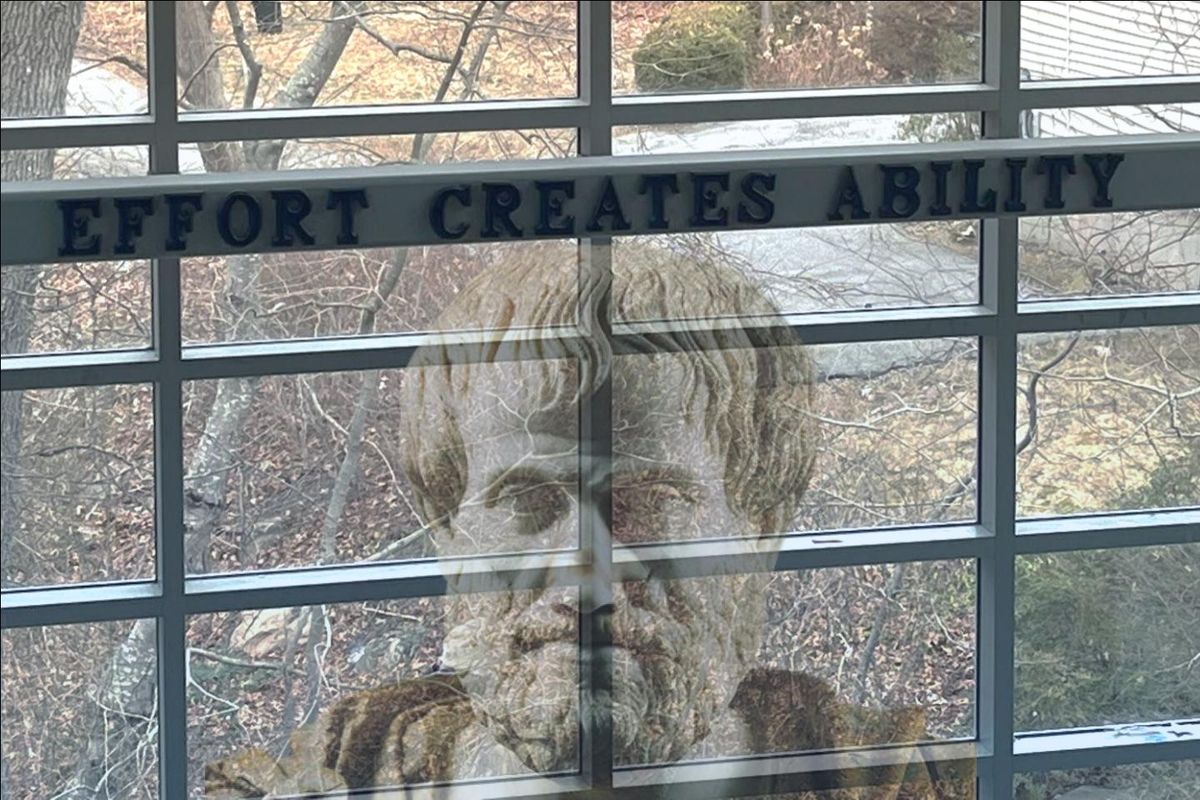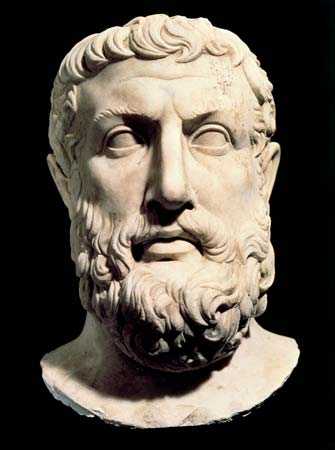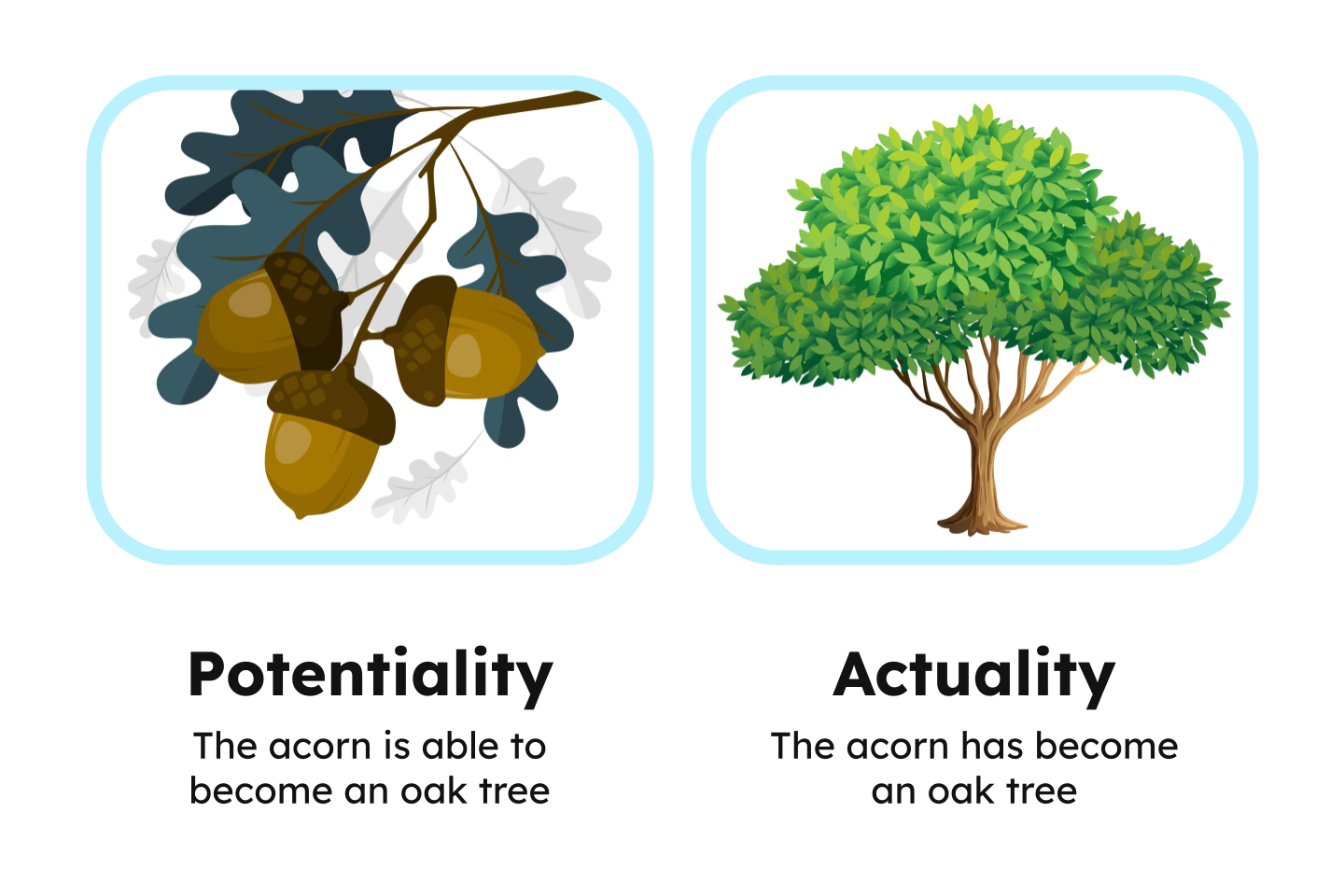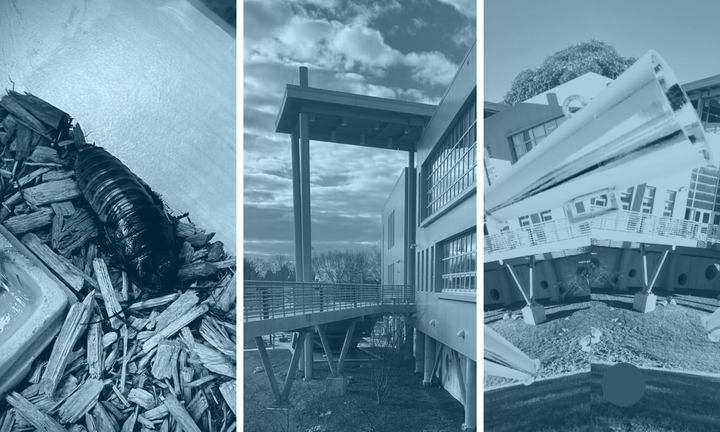Aristotle and School Slogans
A philosophical look at a "Effort Creates Ability."


Judging by the title, you're probably wondering how Aristotle (the Greek philosopher) relates to the school slogan, “Effort Creates Ability.” It all has to do with change. Change, a big part of life as high schoolers, was also a big deal for ancient Greek philosophers. Of course, they weren’t thinking about heading off to college—for them, it was how change occurred in reality.
Historically, this line of thinking stems from the Greek philosopher Parmenides, who argued that change required “nothingness” to work. He viewed the idea of nothingness—things going out of existence—as impossible. Since you can’t really think of nothing (since thinking of nothing is still thinking of something) then there really can’t be such a thing as nothingness. That’s about as far as he got, leaving it to future philosophers to make sense of this idea.

One of these future philosophers was Aristotle, who attempted to explain change in the world through two ideas: of actuality (also known as “act”) and potentiality (also known as potency). To put it simply, act and potency are ways in which things in the world exist; this is similar to the difference between being active or being passive. Another analogy is between activity and ability.
Actuality is something actively existing in some particular way. For example, I am actually sitting in this chair writing this essay. Potentiality is similar to possibility, or the way in which something could be. To continue with my example, while I am still sitting in my chair (actuality), I could potentially be downstairs drinking milk or eating an apple.

For those who have taken physics, think of potentiality like potential energy. Let's take an apple hanging from a tree; it has the potential to fall and hit the ground (potentiality). However, at that moment, that hasn’t happened (no actuality). This same idea can be applied to any example of change in the world. Changes in temperature or motion are both examples of something shifting from actuality to potentiality.
This isn’t exactly an equally balanced relationship. Since something needs to actually exist in one state for it to be able change into another, actuality always comes before potentiality.
To illustrate this more, think back to what I said in the previous paragraphs. Namely, act and potency can be related to activity and ability; or in other words effort and ability. Just as how something needs to be actual for it to have potential, you need to put in effort or action to create your own ability to do something else.
You can find examples of this throughout your life as a student or really any person. This plays a role in learning. For example, my ability (potency) to do well on a test requires that first I actually possess the appropriate knowledge and skills. Or, my ability to lift 250 pounds requires me to build up my fitness beforehand. In other words, you have to put in the work before you can do really just about anything. Or…you have to put in the effort to create your ability.




